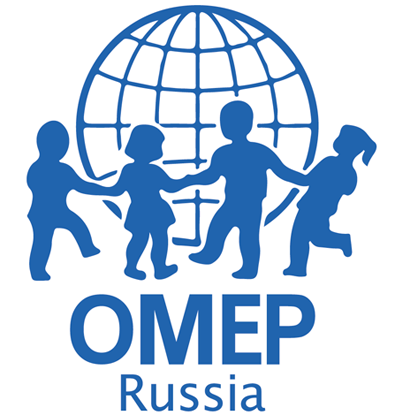Programme
1 June 2025
2 June 2025

Russian Psychological Society
e-mail: ruspsysoc@gmail.com

Federal Scientific Center for Psychological and Interdisciplinary Research,
Moscow, Russia
e-mail: forumdigitalchildhood@gmail.com

Psychology Department of the Lomonosov Moscow State University,
Moscow, Russia
e-mail: psy@psy.msu.ru








